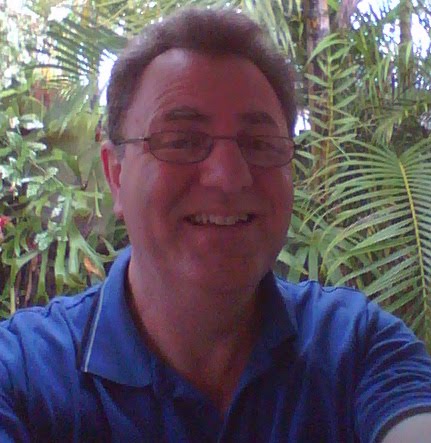Probably the great
majority of the people I am following on Twitter, and who are following me, are
writers of one kind or another. At least, they have writing listed as one of
their primary activities or interests. A large number of those write in
particular genres, one of which is erotica. For those of you who are not
familiar with Twitter, the program constantly provides a list of people you
might possibly wish to follow, based on your previous interests. But this
function seems to have a very short memory. So, if I follow one person who
happens to be interested in Mongolian literature between CE 1204 and CE 1205, Twitter
will immediately throw up everyone else with similar interests. Sometimes it
can be a very short list. However, if I happen to follow someone who writes
erotic literature, I can be bombarded with suggestions of nothing but other
erotic writers for hours to come. It’s clearly a genre that many people like to
write (if not to read). So I thought I would read a couple of the shorter
pieces, to see what I might be up against if one of these writers sought my
editing services. Important research, I’m sure you will agree.
I thought I knew what
to expect, and hoped to be pleasantly surprised. I wasn’t. After all, how many
images can you come up with for his ‘proud rod’ or her ‘slippery wetness’? How
many ways can you describe this act? It’s one of the reasons that I don’t
particularly like describing the sex act in my writings. Not because I am
prudish or embarrassed, but because it is very difficult to find any new ways
in which to describe it. As a writer, do I really need to describe it in detail
each time? As a reader, do I really want to be subjected to such descriptions
time and time again.
The other point
concerns what is really erotic. Which is more erotic (for a man, at least—can’t
help it, I am one): A completely naked woman standing in front of me with her
legs slightly apart? Or a woman standing in front of me, legs slightly apart,
in a slightly see-through skirt, with a window behind her? A naked woman, or a
woman in a skirt with the suggestion
that she might not be wearing underwear? What is erotic is the teasing, the suggestion,
the anticipation. It is not the rather tedious blow by blow mechanics of the
sex act itself. As a writer, there is also much more scope for creating the
suggestions, providing the tantalising glimpses. The same goes for the visual
media.
I emphasise again that
this has nothing to do with prudery or embarrassment. It has to do with what is
actually erotic and actually sexy. If the erotic literature
I have sampled to date is typical of the genre, then, in my opinion, it isn’t—erotic,
that is.
